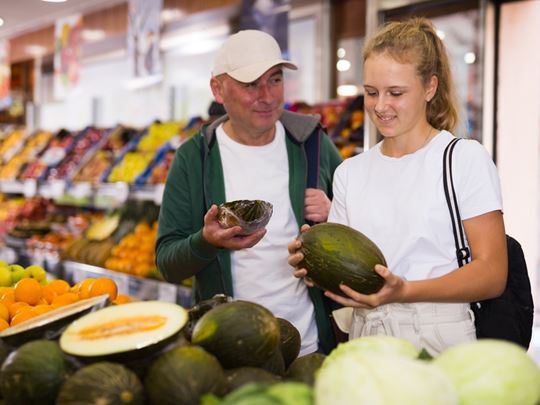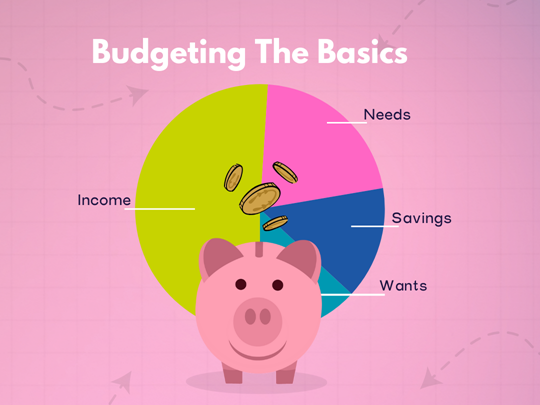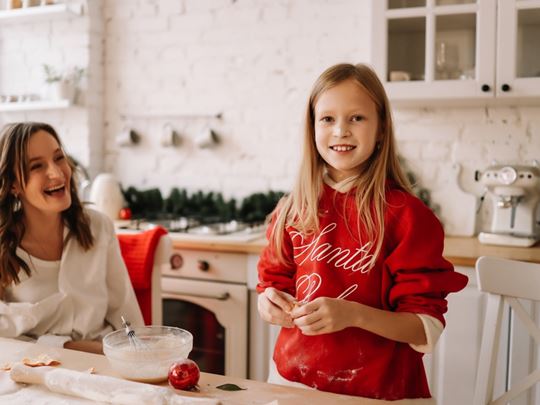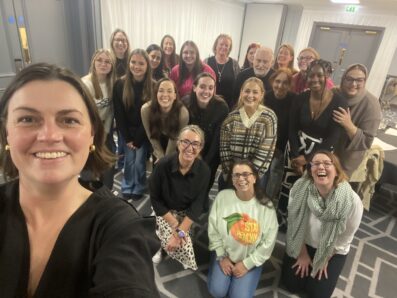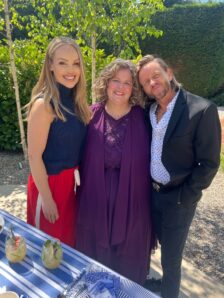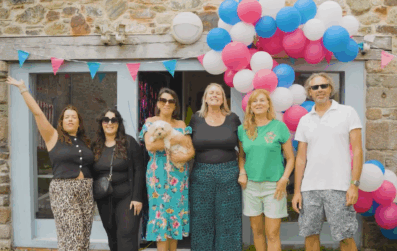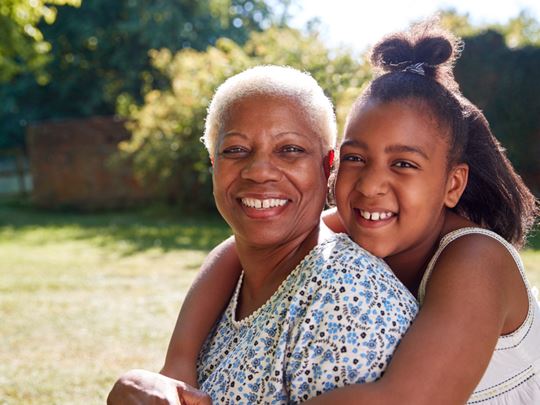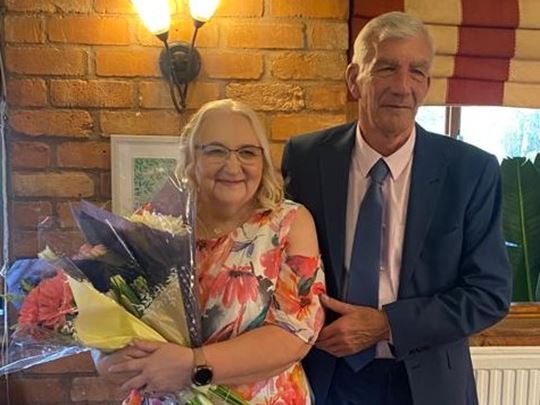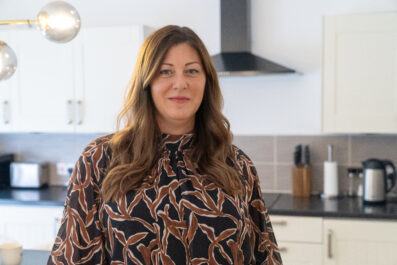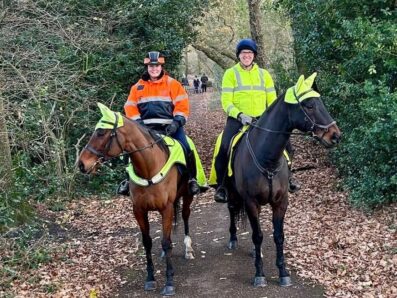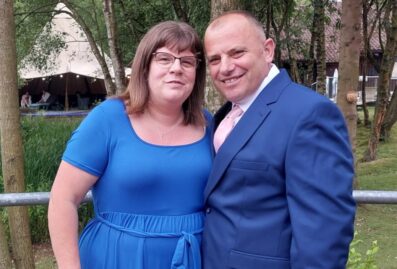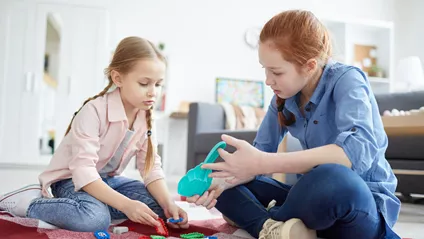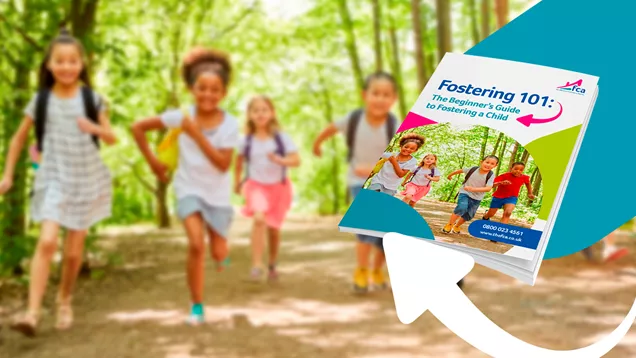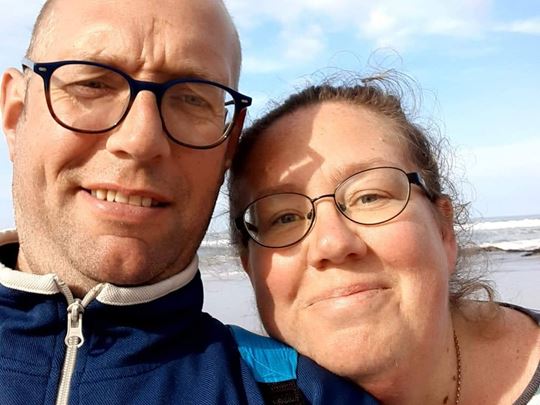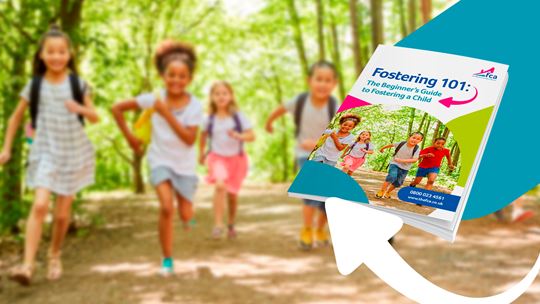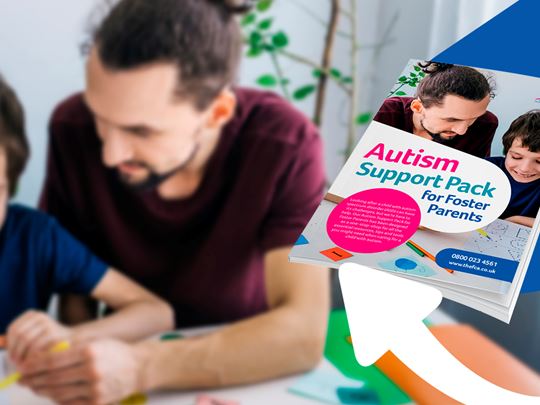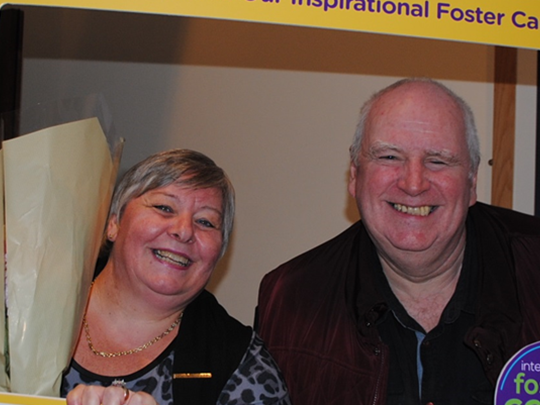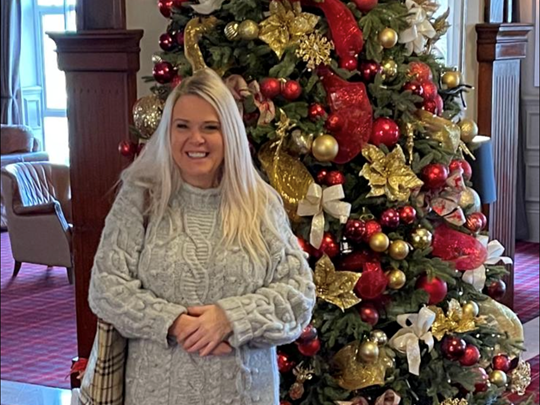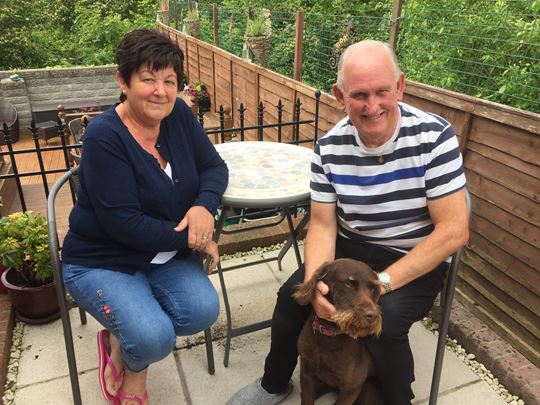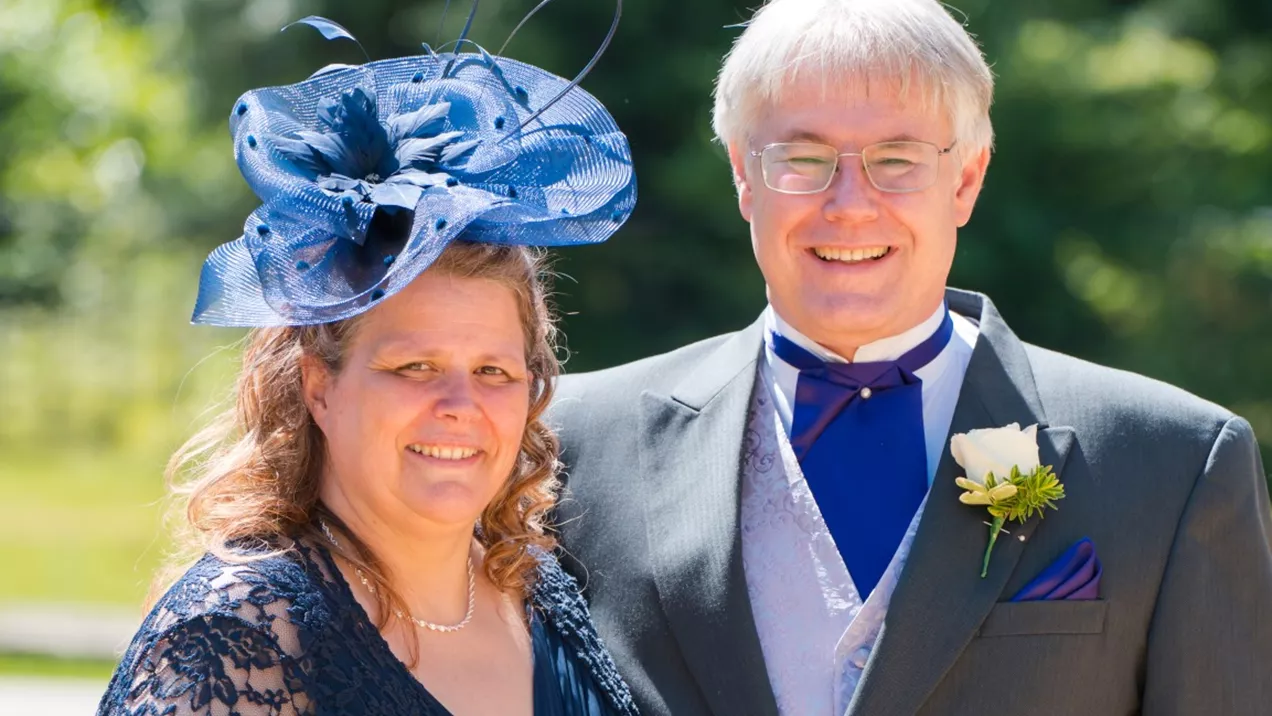The best question to ask yourself is not “why should you foster a parent and child”, but “why not?”
We have been fostering with FCA for 17 years and during that time we have had the pleasure of taking on 9 parent and child placements.
Don’t get me wrong…it was initially a big step to take; firstly because we weren’t sure what it would be like for our two sons (and my husband!!) having another woman in the house all day every day; another adult sharing the bathroom; how our sons would cope with the paraphernalia and noise of having a baby in the house; and the ending of when the parent moves on with or without their baby and your house suddenly becomes very quiet, but it is probably the best big step we have ever taken!
I can honestly say it’s possibly one of the most rewarding experiences you can have, teaching a new parent or a parent who has had multiple children, how to bond and attach to their baby/child, watching how they grow together, the good times, the memories and at times sadly how the parent copes if things don’t work out the way they wanted them to.
Through all of this, you need to be understanding, caring, and empathic, have a sense of humour, be resilient…all the words we hear all the time that help us become good carers. You need to ensure your recordings are accurate, detailed and factual (not opinion), as in many cases where the baby or child may be removed, your recordings can and do get used as evidence in court.
In reality, it’s hard work getting up throughout the night to watch how the parent feeds and bonds with their baby, to remain professional when the parent is crying because they feel they can’t cope, trying not to put your own values onto the parent and allowing them to be the person they are and live within their own culture; especially if their family values are completely different to yours. But no matter how hard it is, it is the most rewarding too.
Our first placement
Our first mother and baby foster care placement was a mixture of amazing through to overwhelmingly sad. The mum, aged 19, had multiple learning difficulties caused by chromosomal abnormalities. She didn’t know 4 hours was 4 hours or even how she fell pregnant, but she was kind, gentle, loving and bonded and attached to her baby; doing everything she could to ensure her baby got the best start possible.
As she didn’t understand time, we taught her to set her phone alarm to go off every 4 hours so that she knew her baby would soon need a feed. This worked so well in fact that the baby was sleeping through the night within 6 weeks. It was wonderful to watch the bond grow but equally, it was sad knowing the plan would probably be adoption due to the parent’s needs and parallel planning.
Sadly after 12 weeks, we were asked to take the mum and her baby to the social services office as the baby was going to be adopted and move to new carers. We were told not to say anything at that point to the mother and naively we didn’t.
It was the saddest and most upsetting experience we had encountered during our fostering career to watch them be split up in a car park miles from nowhere and something I swore I would never do again. In my opinion, this vulnerable young mum had the right to say goodbye, the right to give her baby something to remember her by, the right to a better ending, but it was all taken away from her. And there was very little she could do.
Our next few parent and child placements ironically had the first same name as our first mum. Each placement lasted 12 weeks, which is normally the case with parent and child. As with any new placement, you learn from your experiences and likewise you use a different set of skills to best meet the needs of that placement, ensuring you can give them the best guidance possible.
Our second parent and child was aged in her 30’s. She had 3 daughters in the care system already and this was her first son. She was a recovering drug addict whose baby was also a drug withdrawing baby.
Each and every day at 10.30am the baby would let out a piercing screech, cry and shake. This was hard to watch as there was nothing we could do except hold him and comfort him. This lasted for several weeks, but again the mum tried hard, trying to bond and attach to her newborn son, taking on board the advice we gave and help we gave her.
Spending Christmas together
The local authority planned to end the placement in late November, but we advocated for them to be able to spend Christmas together resulting in them staying for longer than the 12 weeks. Although it took some negotiating, we were pleased our voice was listened to and they were able to have their first Christmas together with us.
Again, sadly in January, the placement ended and baby B was adopted as it was felt the baby’s needs could not be met. However, amazingly 14 years later (my son’s 18th birthday), whilst we were looking through old photos of when our sons were little, his partner recognised “the lady in the photo”.
It later emerged she was a friend of his family so we agreed to get in touch via social media. My concern was I didn’t want to drag up old memories, but on contacting her she said it was the best thing we could have done. She remembered every single gift we had bought her and her son that Christmas, the care and commitment we had shown to enable them to have Christmas together and that it was from being given the chance to try to keep her son that she chose to make significant life changes.
Within a year she was clean from all drugs and alcohol. She got a job and for the first time, she felt life was worth living for. Shortly afterwards she met a new partner, bought a house and happily went on to have 3 more children which she kept. She still has letterbox contact with B and she thanked us for helping her realise there was more to life and for believing in her. This in itself was priceless and something we will always remember.
Many of our “mums” have had learning difficulties, but there is always a way to get around these difficulties to enable them to care, bond and attach to their new babies. You just have to be able to “think outside the box”. Introducing charts so they could see routines in picture formats or showing them.
Finding out what their learning style is to best meet their needs. All things we take for granted sometimes. And they weren’t all young mums either, ranging in age from 17 to 36 years old and one dad in his 20’s with his 2-year-old son.
One of the “mums” we had came to us pregnant aged 17. We knew she was easily sexually exploited and on later findings, we discovered she was extremely vulnerable.
We also discovered the same male name who was exploiting her had also exploited a previous placement of ours, so the police were informed as a serial groomer. This young mum told us we were her 53rd placement in 10 years and this was confirmed by the social work team.
At times placements would only last a matter of days before she broke them down or as she said, “they gave up on me!” I, therefore, promised her, no matter how bad her behaviour was, we would not give up on her as we believed in giving her a chance. I’m not sure she believed me at that point but suffice to say we were her longest placement of almost 7 months. She only left to go into supported lodgings aged 18.
‘T’ was adamant that her “boyfriend” would be her birthing partner and although there were major concerns for her whereabouts at times, she always came “home”, which she described as “the place she could trust”.
She went into labour in my tiny toilet and after a frantic rush to the hospital, she asked me to remain throughout. I wanted to remain with her but equally knew I needed permission to stay from her social worker and FCA as she wouldn’t be clothed. Once permission was granted, I remained with her giving support, helping her through her labour and cutting the baby’s cord. I’m not sure who cried more; me or her!
Again, sadly due to the extremely high risk of the “boyfriend” turning up the hospital was placed in lockdown. We had initially been told that due to the risk of neglect and possible harm, the mum would not be keeping her newborn son, but would be allowed to spend a couple of days with him in hospital. However, in reality he was whisked away after only 7 hours.
Luckily, I had taken alot of photos of them together ready for life story work. The hardest part was seeing how distraught the young mum was, the feeling of helplessness, yet still needing to remain professional, knowing the police were outside the door waiting.
Understandably, she didn’t want to hand the baby over to the social worker or police but after, what seemed like a life time, she agreed I could take him and hand him over. No matter how much training you receive and how good you are at “keeping it together”, nothing prepares you for such an emotional roller coaster of feelings. Even now it brings tears to my eyes.
Our experiences
Since then, we have had several more parent and child placements. One of which was a recovering alcoholic. It is all too easy to make snap judgements on someone, which I am sure we have all been guilty of. This was possibly the case with ‘C’ having known what local authorities have removed children for before. However, in my opinion, C was different. She had very low self-esteem and would always dwell on the one negative comment in the recording sheet over the endless positive comments.
She found it hard to trust others but with time, commitment and a good pinch of humour, she came to realise how much of a good mum she was, albeit when she wasn’t drinking! She too already had one daughter in care but we made her realise she could remain sober and dry and she could make a huge difference in the life of her baby son. Through determination on her part, support from us and a belief she was worthy, C went on and remained dry and kept her son. She now runs her own AA group and is doing really well with both of her children.
Next was a mum and her 2-year-old. This involved us having covert cameras installed by the police and a panic button due to an incident her family were involved with. The young mum herself and her son were an absolute pleasure to care for.
In this instance, the father was also fighting for custody of the little boy and once it was deemed that the mum was unable to meet all of her son’s needs, she then moved out leaving us with her son. A short while later, we then had the dad move in which was a successful ending to an amazing journey for this little boy.
So, where does this end? We have been so priveledged to have been given the chance to make a difference to so many parent and child placements.
Looking back over the last 17 years, we feel there was less impact on our own sons fostering such placements as there was no conflict over sharing toys etc and the parents learnt from watching us with our own sons. As our sons have become older, parent and child placements have continued to work well in our household and it has almost meant we can take on the more challenging parent and child.
We are now looking forward to our next new placement having said goodbye recently to two wonderful young children…not that we know who it will be. So, if you feel this is the right time to try something new within fostering, why not give a chance to a parent and child. After all, you can and will make a difference!!
The Warren family










